This is the time of year that a lot SLPs are starting to get tired. Tell me if any of this sounds familiar… you’ve probably done more screenings than you thought were possible, added lots of new friends for RtI or formal services to your caseload, and sat in hours of IEP and other student meetings. You have been looking forward to winter break since you got back from Thanksgiving and maybe are already thinking about how you are going to manage things when you get back after the new year. This is what is known Burn Out. Today, I have compiled tips from my favorite SLP bloggers on how they handle the signs and symptoms. Here’s a list of methods to help you bounce back from burn out.
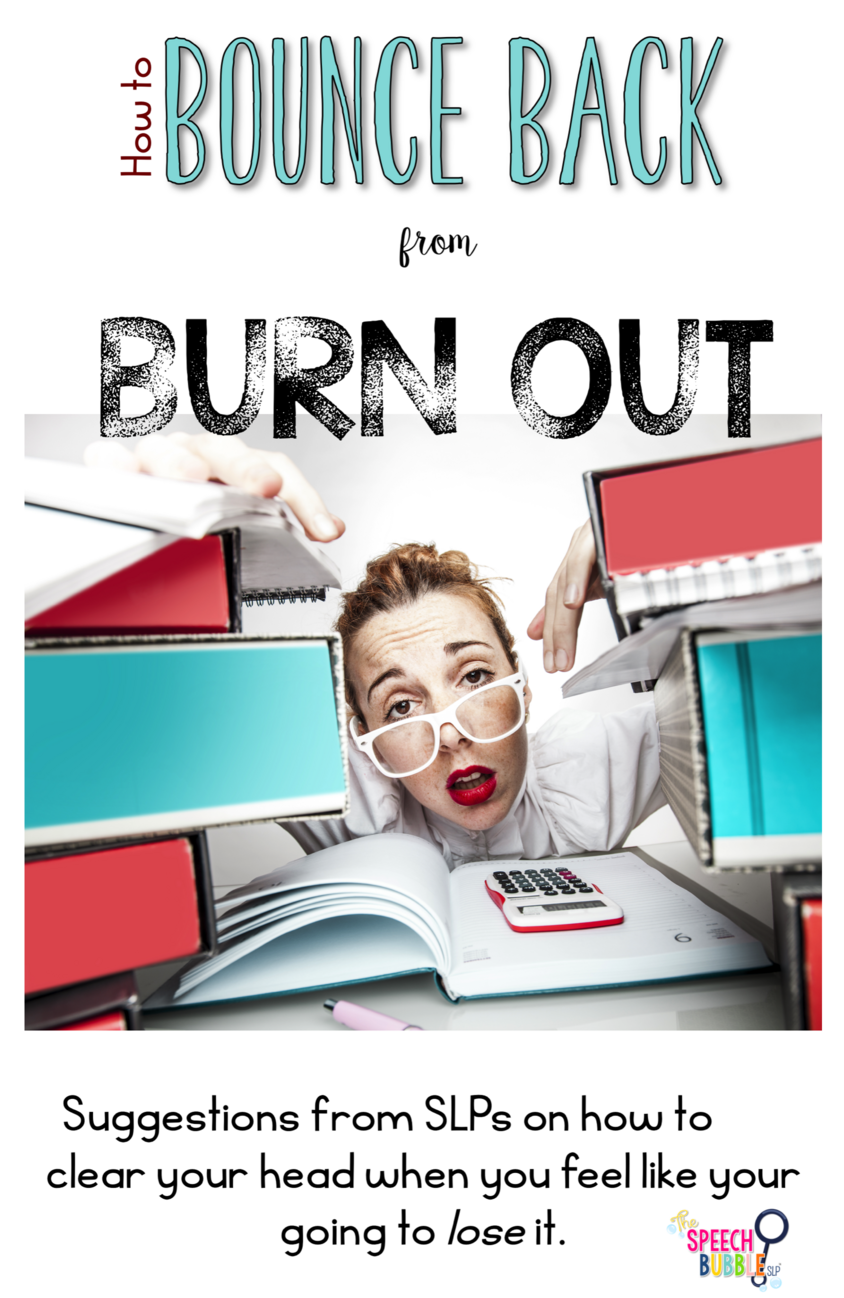
Felice from The Dabbling Speechie says:
“I try to prioritize my assessments and what I need to do each day or week, so I can let go of all the other things on my list. I try to put the data binder away for a whole week and just spend time enjoying therapy (of course still teaching, but not focused on tallying a score)”
Wilma from Your SLP Momma Says suggests:
” When I would get to feeling overwhelmed from work and home life always took a “mental health day” to regroup. Usually I just needed to get caught up at home so that those things were off my mind and I could focus at work.
Nicole from Allison’s Speech Peeps has this advice:
” My last session of therapy before break is always spent doing something fun (treats, crafts or a game) and I put the data binder away!”
Rachel from Let’s Talk Speech Therapy recommends this:
“I take a “workless weekend” where I don’t do a single speechie thing the whole weekend long, even if it means more work on Friday/Monday. Instead, I spend time with my favorite people, curl up in cozy clothes, cook my favorite meals, or waste a few hours window shopping (or real shopping wink emoticon ). Works almost every time!”
Teach Speech 365 says:
“I try to not touch my work computer on the weekends unless I absolutely have to. I also try not to bring it home on the weeknights unless I have to. Sometimes it’s just nice to vent to a friend who gets it. Sundays are also my “designated veg out day.”
Hallie from Speech Time Fun recommends:
“I put on music and let the kids dance and play games for a day. They love the break as well!!”
Lauren from Busy Bee Speech does this:
“I try to do a craft day or snack day in speech where we make something fun! I don’t worry about getting 100 trials or taking too much data. Everyone needs a break once and a while.”
Lindsey from Word Nerd Speech Teach sums it up in one word:
“Starbucks.”
Courtney from Psst Let’s Talk says:
“1000+ piece jigsaw puzzles and Starbucks while watching a comedy (Modern Family is currently my top pick) or Disney movie”
Jessica from Constantly Speaking recommends:
“I do craftivities/games/pass out candy/holiday parties before breaks!! smile emoticon The mental health day thing took a bit to not feel guilty about, but now I have no problem taking one.”
When you are starting to feel burnt out, take a minute and figure out why.
Use some of these suggestions to reduce your stress and clear your head. Also, if you are feeling burnt out and stressed, and do not think there is any reasonable way to adjust your schedule or reduce whatever is causing such stress, talk to your supervisor, department head, etc. They are there to help support you. Come with the things you have already tried so they can see you have made an effort. Asking for there opinion is not showing weakness. It is showing you are open to other thoughts and opinions so you can do you job to the best of your abilities.

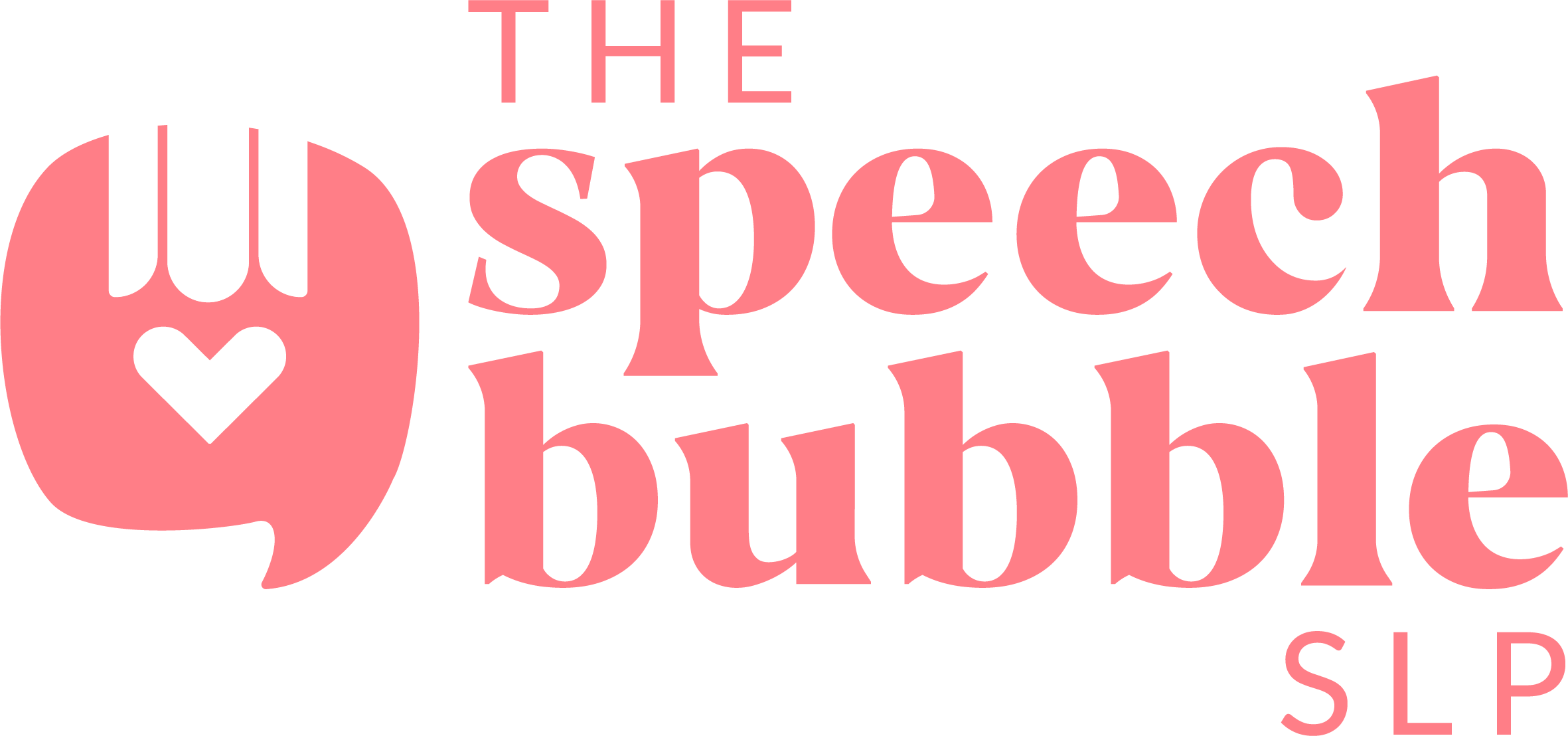






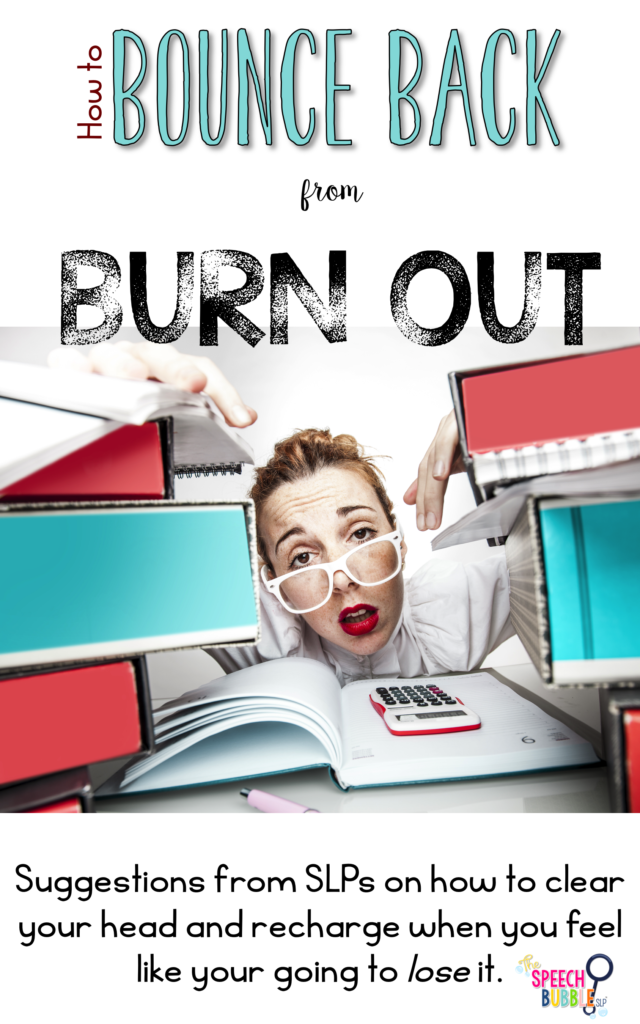
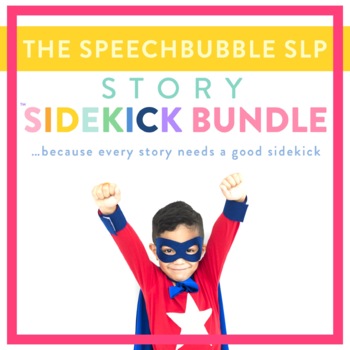
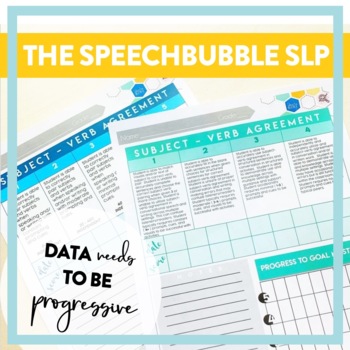
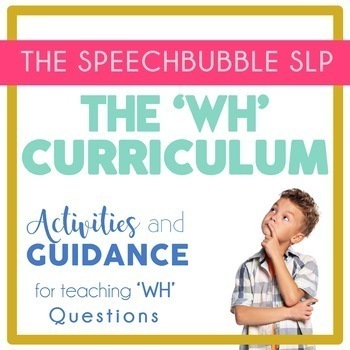



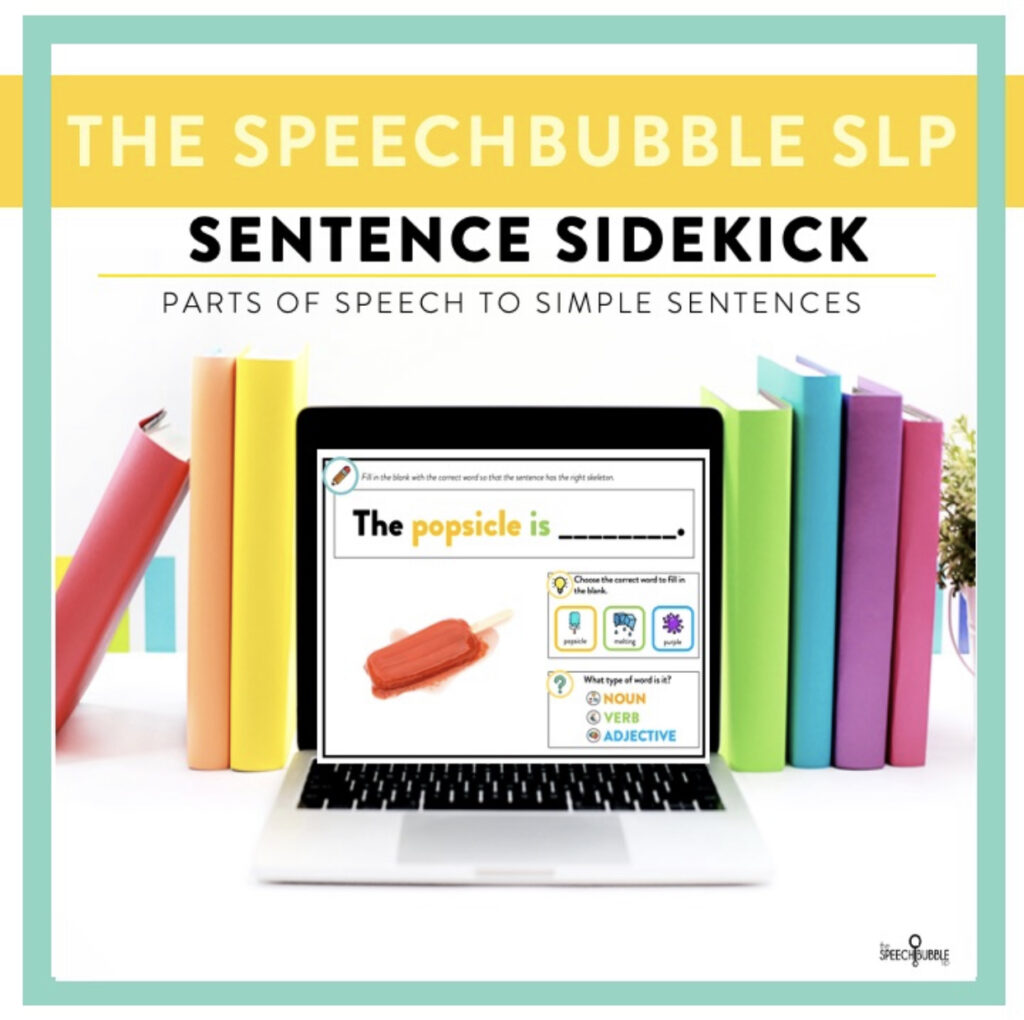

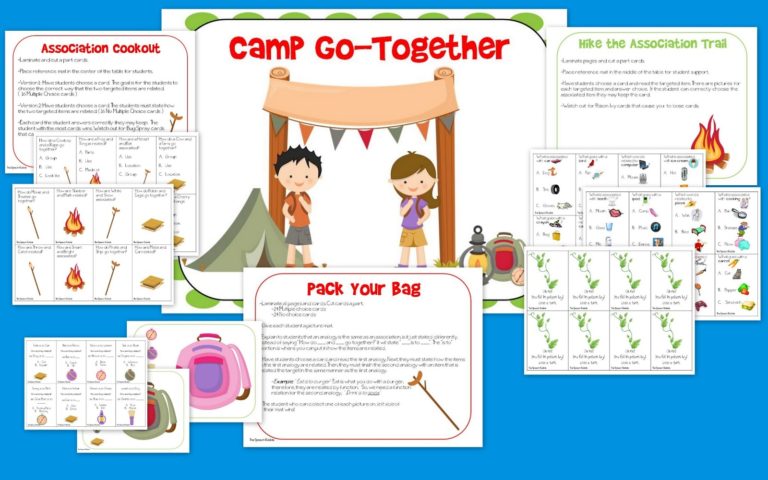
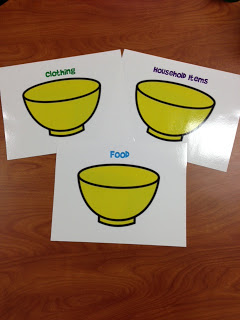


7 Responses
Learned the hard way to do what I can at work, give it all I have while I am there, and then walk away on Friday and devote the weekend to my family and myself. I’m no good to anyone if I don’t prioritize and my family comes first.
Right you are!
Thanks for this post. I really need this as a stressed-out newbie.
I don’t try to compete with the rest of the teachers for party favors, treats or prizes, etc. I keep it simple. I have a special activity that fun; no data keeping; just observing skills during the activity. Then on the day or two before the holiday, I work on progress reports or other paperwork. I find that to be productive time because students have a multitude of parties and activities which require many schedule changes. I go with the ebb and flow. If it’s a long holiday, I dedicate one day to dreaming planning and pulling my ideas together. The peace and quiet without interruption helps me rejuvenate my inner spirit and creative energy. I’ve been doing this for over 20 years. Works like a charm.
I totally agree. You have to roll with it or it can become frustrating trying to control what you can’t.
I agree with everything that has been said, but how do you bill Medicaid for the fun times that you leave the data binder closed? I feel like Medicaid dictates my sessions!!!
I think when it comes to billing a lot depends on how your districts has you do it. If you are required to take data each session, you can try using a rubric system. It is quick and easy and I don’t have to count tallies so I can rate a student quickly after a session while still having a fun time.